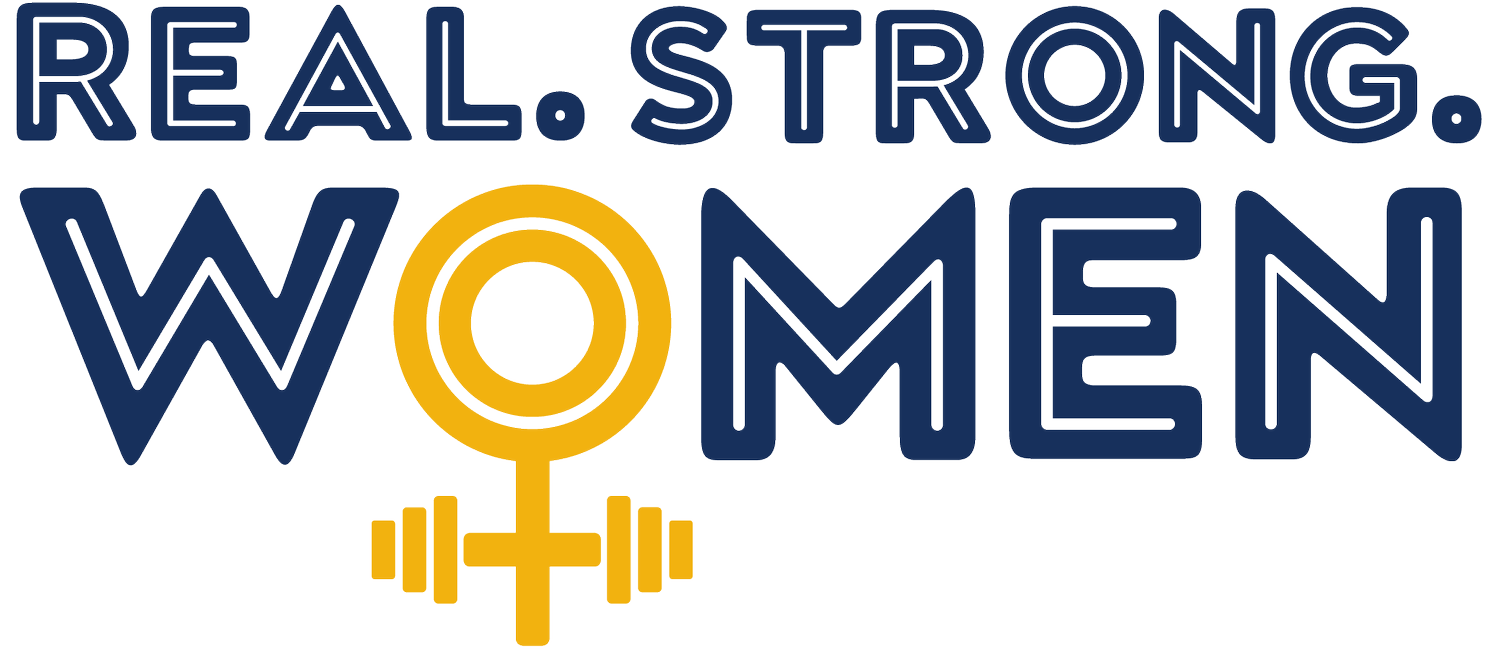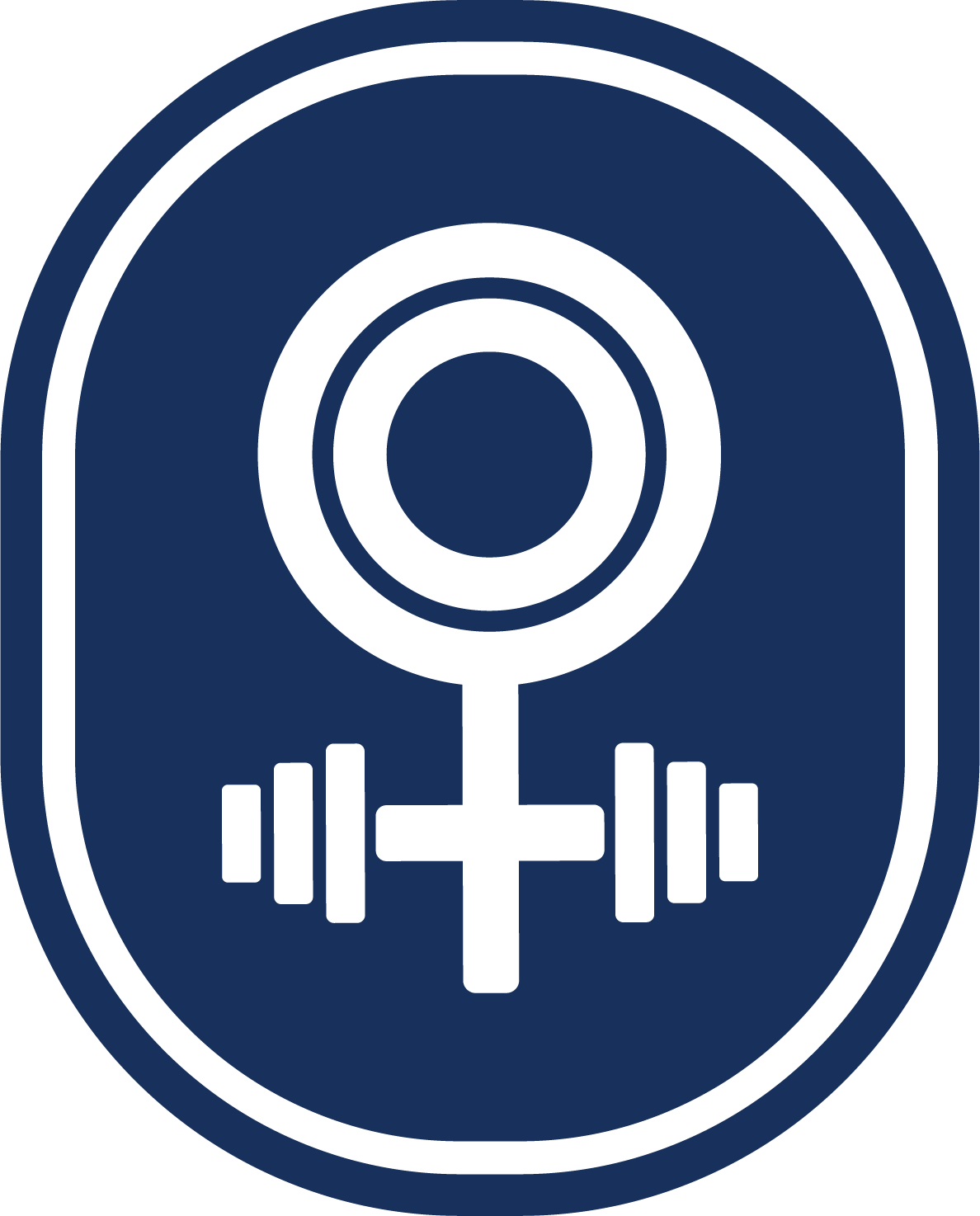Can I lift anything heavier than my kettle(bell)?!
YES!! This a very traditional and conservative approach to managing prolapse, yet women are frequently not to lift anything heavier than their kettle, let alone a kettlebell!
Some recent research on the symptoms of pelvic organ prolapse in women who lift heavy weights by Lori Forner et al. 2020 showed some really interesting trends on women who lift LESS having MORE symptoms…. Whether you want to lift weight or not, most of us want to be able to live a full and FUN life- so working out a way to do that is a NON-NEGOTIABLE.
Michelle is a case in point, you can read her story.
A diagnosis of pelvic organ prolapse can feel like a life sentence and it's so easy to lose your way. Before you give up movement of any kind and start googling down a dark rabbit hole, lets seek some answers first:
1. What TYPE of prolapse do I have?
2. What STAGE is it?
3. What is the proposed treatment?/ Are there alternatives to surgery?
4. What can I do to reduce symptoms?
Different Types of Pelvic Organ Prolapse (@BurrellEducation)
1. TYPE
You’d be amazed at the number of women who are never actually told what is going on in their own body… there are different types of prolapse which sometimes come with different symptoms. Thanks to Burrell Education for this image. You can have just one type or more than one. Please know that prolapse can affect up to 1 in 2 women.
2. STAGE
The ‘severity’ of your prolapse can be measured by stage- which is basically the degree to which it can be seen inside or outside the body- there are different scales used and remember- how you EXPERIENCE your symptoms can be a much more useful guide than a labelled stage. Some women can have what is considered a severe prolapse but not be bothered by the symptoms, where as some women can experience a ‘minor’ prolapse (as defined by stage) and are hugely impacted by symptoms.
3. TREATMENT & MANAGEMENT
Proposed treatment options should be more than just the offer of surgery. Surgery is of course, absolutely a valid option for many women, but there is a whole scope of alternatives (or run in conjunction with surgery) that have some hefty evidence behind them.
Learning how to manage your Intra-abdominal pressure
Strengthening your pelvic floor
Strengthening your whole body,
Learning what makes you feel symptomatic,
Trying new things/ways to do things
Focussing on your toileting habits
Looking at hydration and nutrition
Seeking help with scars and soft tissue
Support from pessaries…
There is SO MUCH that can be done. So some good advice here from a GP would be… I shall refer you to a Women’s Health Physiotherapist and/or point you in the direction of a great Women’s Health & Movement Coach!
But most of all, please know that you are not alone, and there is always hope!



